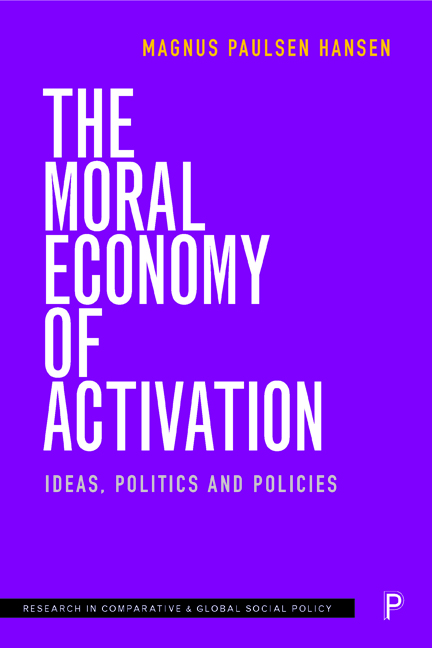Series Preface
Published online by Cambridge University Press: 10 March 2021
Summary
In a world that is rapidly changing, increasingly connected and uncertain, there is a need to develop a shared applied policy analysis of welfare regimes around the globe. Research in Comparative and Global Social Policy is a series of books that addresses broad questions around how nation states and transnational policy actors manage globally shared challenges. In so doing, the book series includes a wide array of contributions, which discuss comparative social policy history, development and reform within a broad international context. Initially conceived during a meeting of the UK Social Policy Association Executive Committee in 2016, the book series invites innovative research by leading experts on all world regions and global social policy actors and aims to fulfil the following objectives: it encourages crossdisciplinary approaches that develop theoretical frameworks reaching across individual world regions and global actors; it seeks to provide evidence-based good practice examples that cross the bridge between academic research and practice; not least, it aims to provide a platform in which a wide range of innovative methodological approaches, be they national case studies, larger-N comparative studies, or global social policy studies, can be introduced to aid the evaluation, design and implementation of future social policies.
Magnus Paulsen Hansen's monograph contributes significantly to our understanding of social policy ideas, politics and policies in Europe by turning the eye on the ways in which activation policies are legitimised by political actors. We get critical insights into the function of ideas and morality in the setting of particular labour market policies towards unemployed people. While providing in-depth case studies on Denmark and France, the implications of Hansen's analysis make an important and much broader contribution to our general understanding of the moral economy of activation. By illustrating the composite and heterogeneous set of ideas that constitutes the moral economy of activation, Hansen's innovative approach shows us how the testing of unemployed people is an ever-present element in public debate and jobcentre practice. At a more abstract level, the book illustrates why continued and increased activation is still high on the political agenda, and why instruments like basic income are not a straightforward alternative. Together with Nicolaisen and colleagues’ edited collection in this series, Dualisation of part-time work, Hansen's book sets the scene for enhanced discussions on social and labour market policies combining comparative with more general ideational dimensions.
- Type
- Chapter
- Information
- The Moral Economy of ActivationIdeas, Politics and Policies, pp. ix - xPublisher: Bristol University PressPrint publication year: 2019

